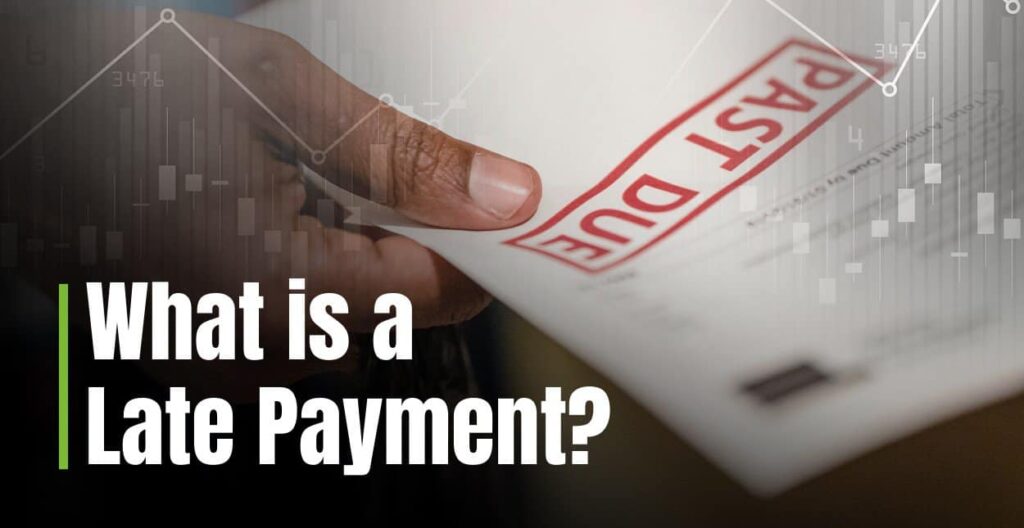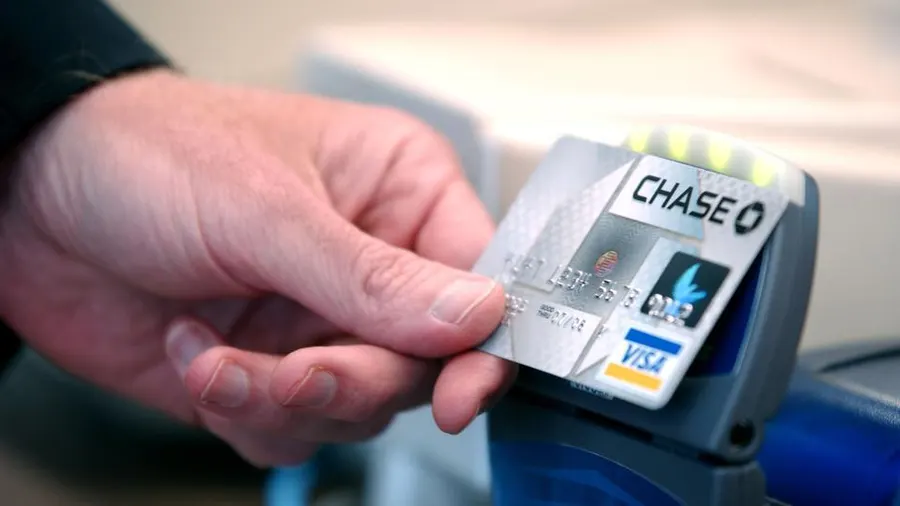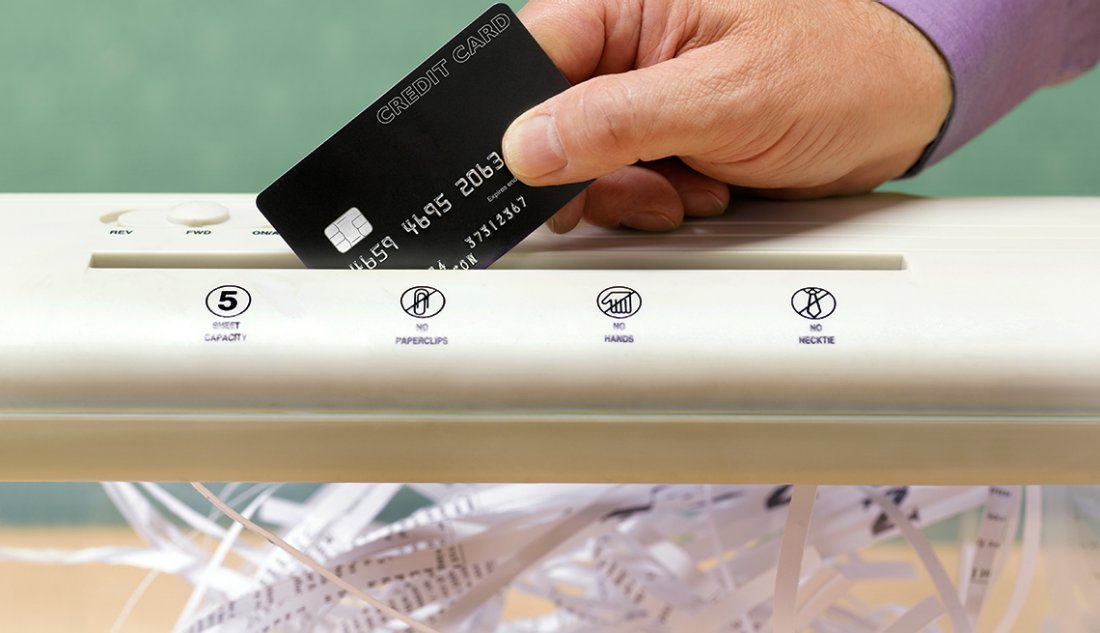Credit cards are powerful financial tools — they can help you build credit, earn rewards, and manage cash flow. But if used incorrectly, they can also drag you into debt, hurt your credit score, and cost you hundreds (or even thousands) in fees and interest.
The truth is, most credit card problems don’t come from the card itself but from avoidable mistakes that many cardholders make. In this guide, we’ll break down the five most common credit card mistakes and how you can steer clear of them to stay financially secure.
1. Carrying a Balance and Paying Only the Minimum
One of the biggest credit card traps is carrying a balance month to month and paying only the minimum due.
- Why it’s a mistake: Credit cards often have interest rates between 18% and 29% APR. Paying just the minimum means most of your payment goes toward interest instead of reducing the balance. Over time, debt snowballs.
- Example: If you owe $3,000 at 20% APR and only pay the minimum, it could take over 10 years to pay off and cost you thousands extra in interest.
✅ How to avoid it:
- Always aim to pay your balance in full each month.
- If you can’t, pay as much above the minimum as possible.
- Consider a 0% APR balance transfer card if you’re already carrying high-interest debt.
2. Maxing Out Your Credit Limit
Your credit utilization ratio — the amount of credit you use compared to your limit — makes up about 30% of your credit score. Using too much of your available credit can tank your score, even if you pay on time.
- Why it’s a mistake: Lenders see maxed-out cards as a sign of financial stress. A high utilization ratio signals risk, making it harder to get approved for loans or new credit.
- Rule of thumb: Keep utilization below 30% of your total limit, and ideally under 10% for the best scores.
✅ How to avoid it:
- Spread spending across multiple cards.
- Ask for a credit limit increase to lower utilization.
- Set alerts when your spending gets close to a certain threshold.
3. Missing or Making Late Payments

Payment history makes up 35% of your FICO score. Even one missed payment can drop your score by 50–100 points, and late fees add up quickly.
- Why it’s a mistake: Missing payments not only hurts your credit score but also triggers penalty APRs (up to 30%+), making future borrowing more expensive.
- Long-term impact: Late payments can stay on your credit report for up to 7 years.
✅ How to avoid it:
- Set up autopay for at least the minimum payment.
- Use calendar reminders or banking apps to track due dates.
- If you do miss a payment, pay it as soon as possible — most issuers offer a grace period before reporting to credit bureaus.
4. Ignoring Fees and Fine Print
Many cardholders don’t read the terms and conditions, leading to surprise charges.
- Common fees include:
- Annual fees
- Cash advance fees (often 3–5% + immediate interest)
- Balance transfer fees
- Foreign transaction fees
- Over-limit fees
- Why it’s a mistake: These fees can quickly eat into your rewards or negate any benefits.
✅ How to avoid it:
- Always read your card agreement.
- Choose cards with no annual fee unless the rewards outweigh the cost.
- Avoid cash advances unless it’s an emergency.
- Look for cards with no foreign transaction fees if you travel.
5. Chasing Rewards Without a Strategy

Cash back, travel points, and sign-up bonuses are tempting, but many people overspend just to earn rewards.
- Why it’s a mistake: Rewards rarely outweigh high interest charges or impulse spending. For example, earning 2% cash back isn’t worth paying 20% APR on a balance you carry.
- Another trap: Opening too many cards in a short time can hurt your credit score by lowering your average account age and triggering hard inquiries.
✅ How to avoid it:
- Use rewards cards only if you pay balances in full.
- Choose rewards that align with your actual spending (e.g., groceries, gas, travel).
- Limit new card applications to avoid damaging your credit.
✅ Final Thoughts
Credit cards can either be a gateway to financial freedom or a fast track to debt — the difference lies in how you use them. By avoiding these five common mistakes — carrying balances, maxing out credit, missing payments, ignoring fees, and chasing rewards without discipline — you can protect your credit score, save money, and actually benefit from the perks credit cards offer.
